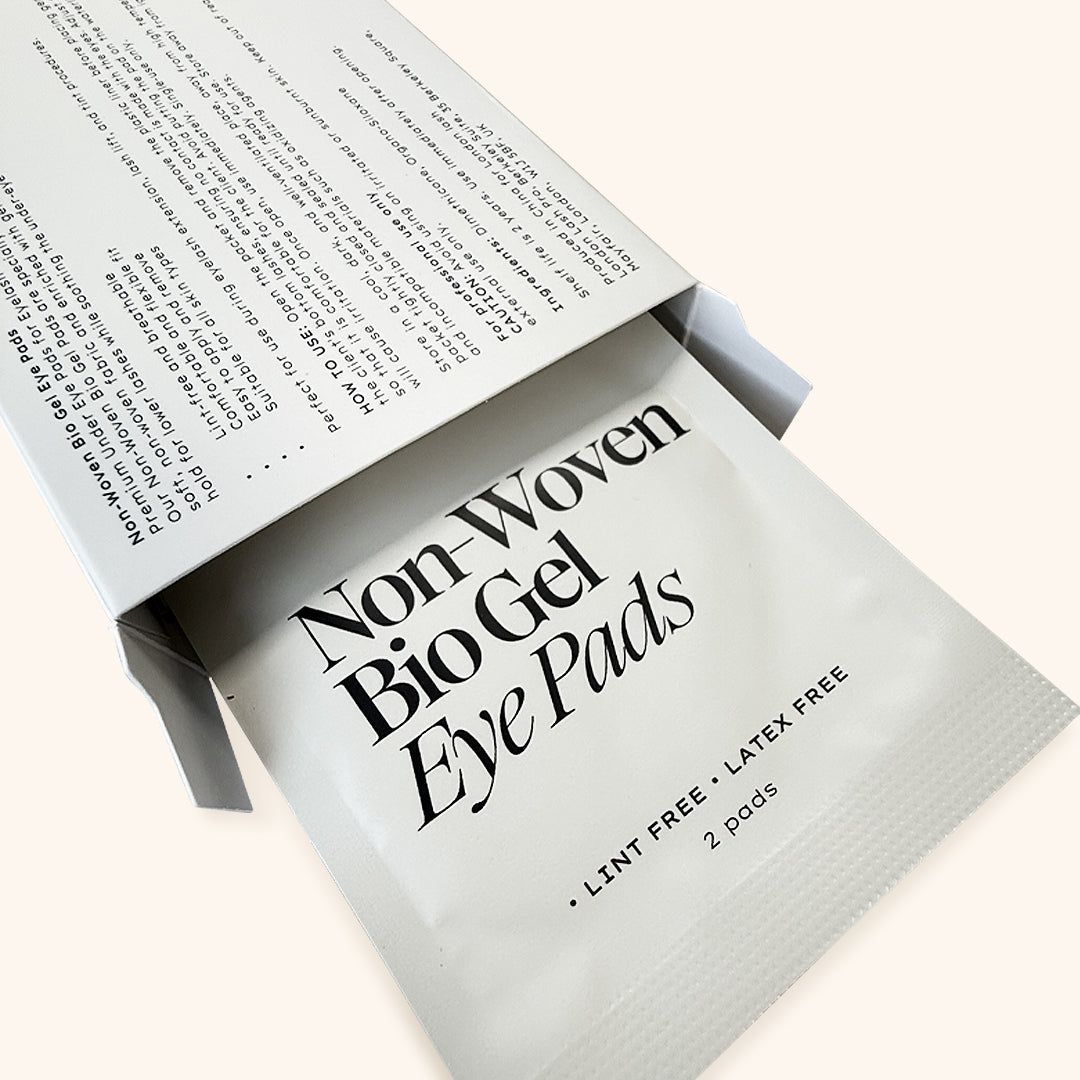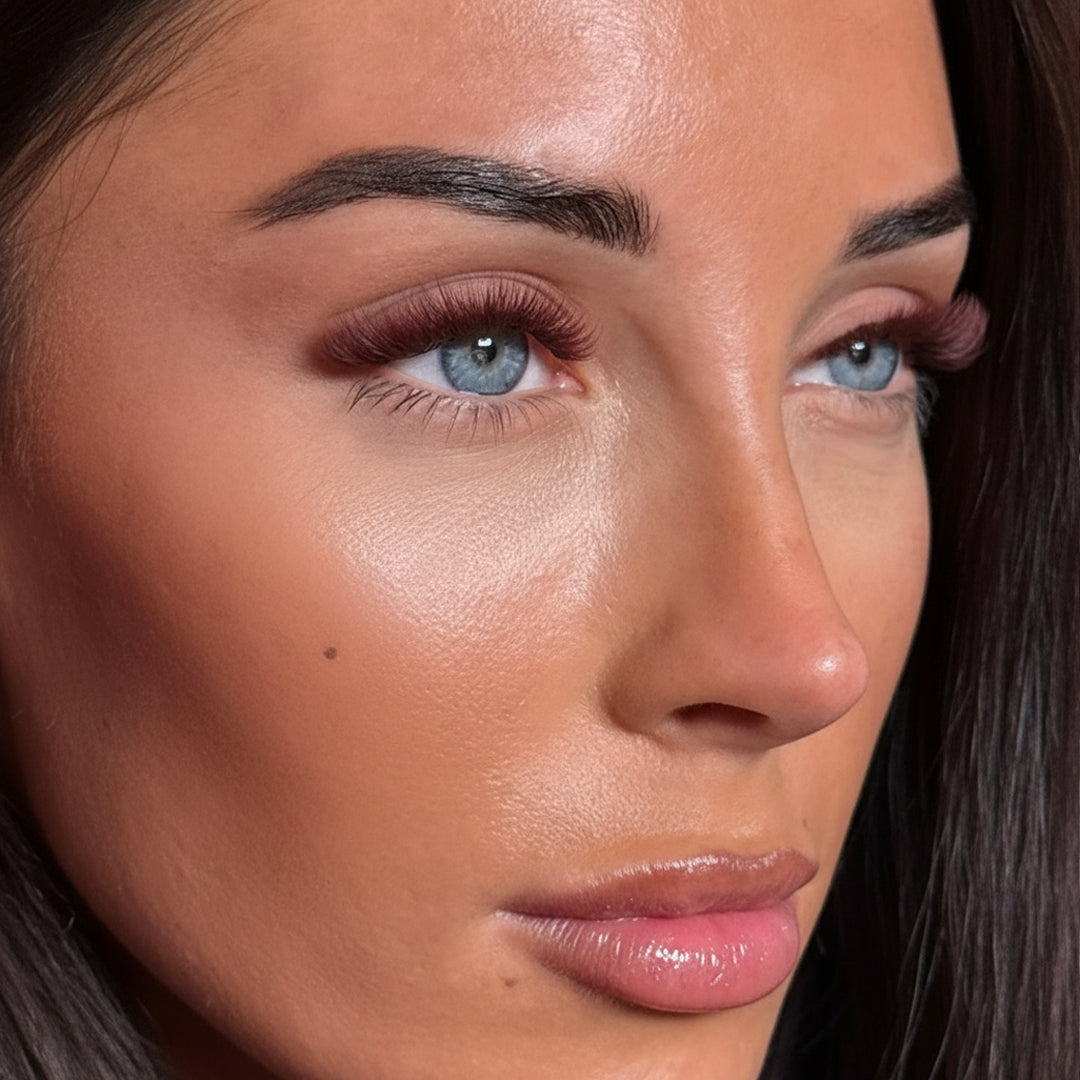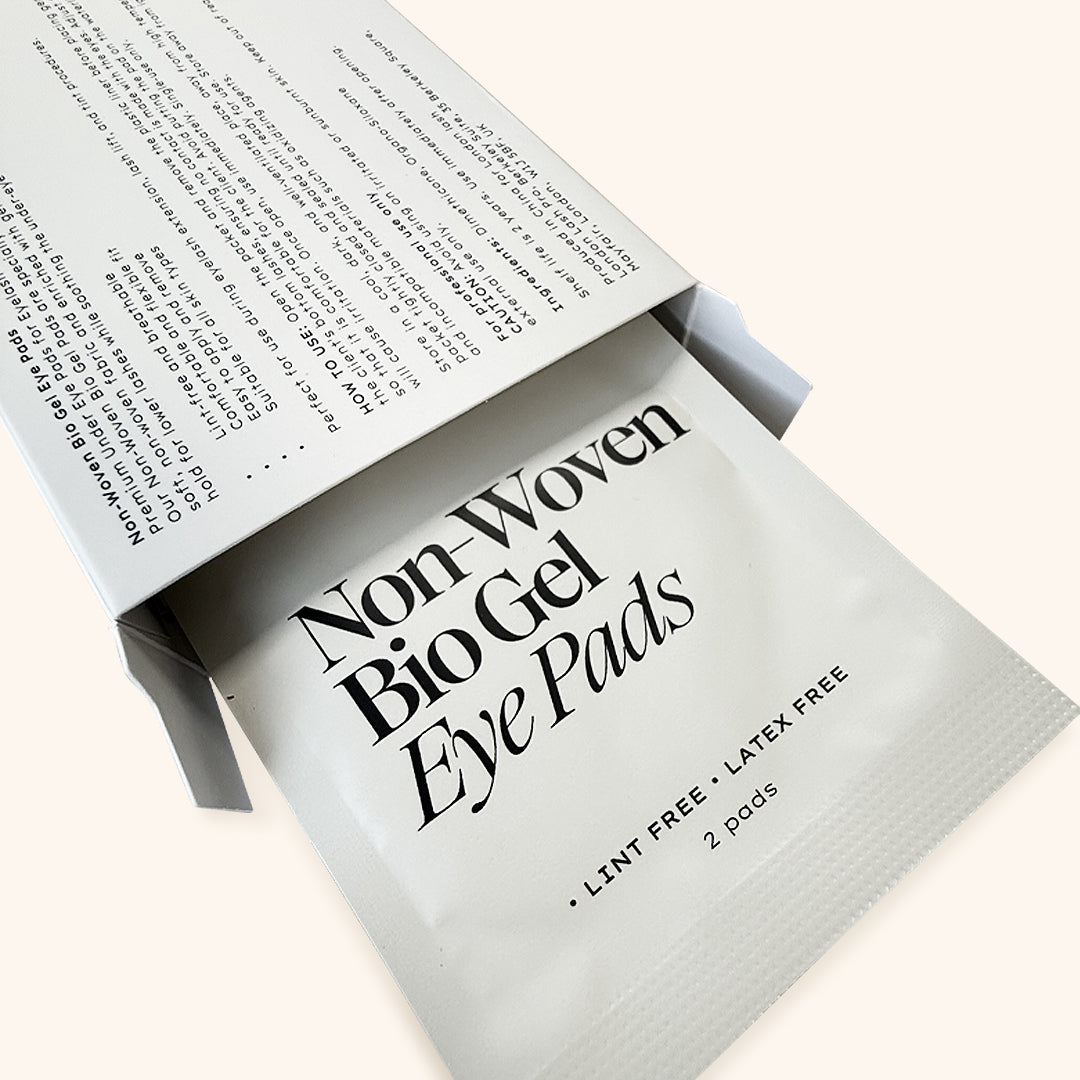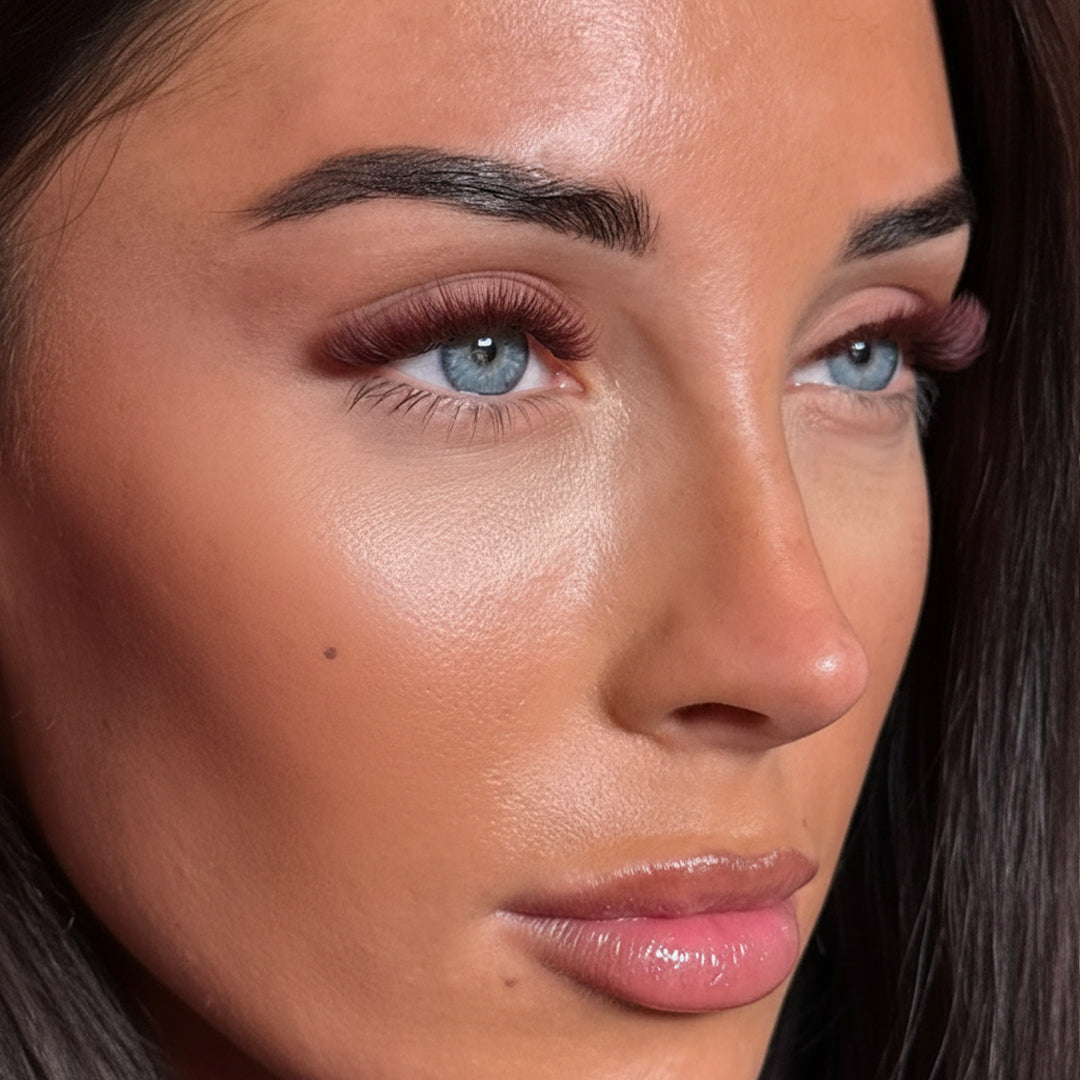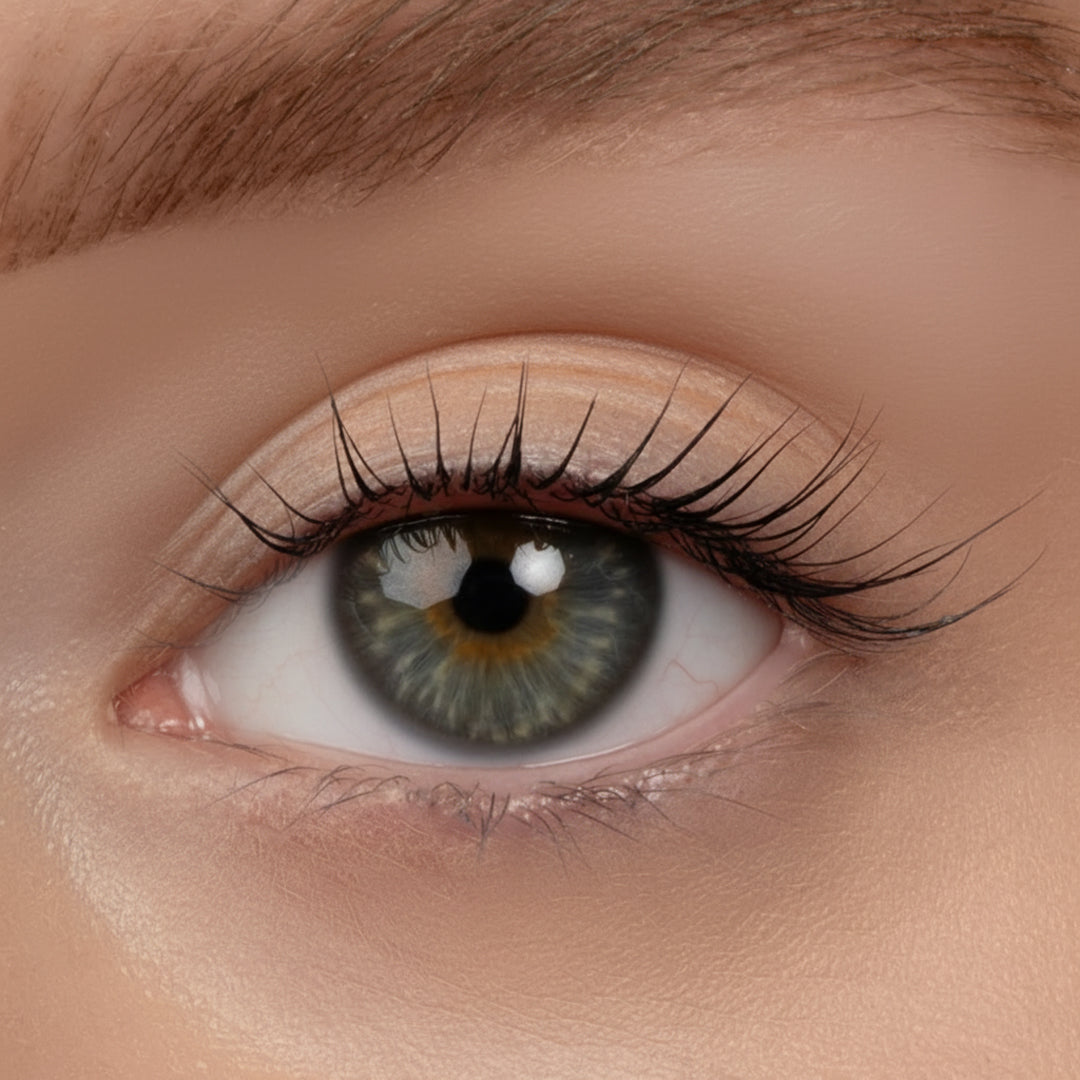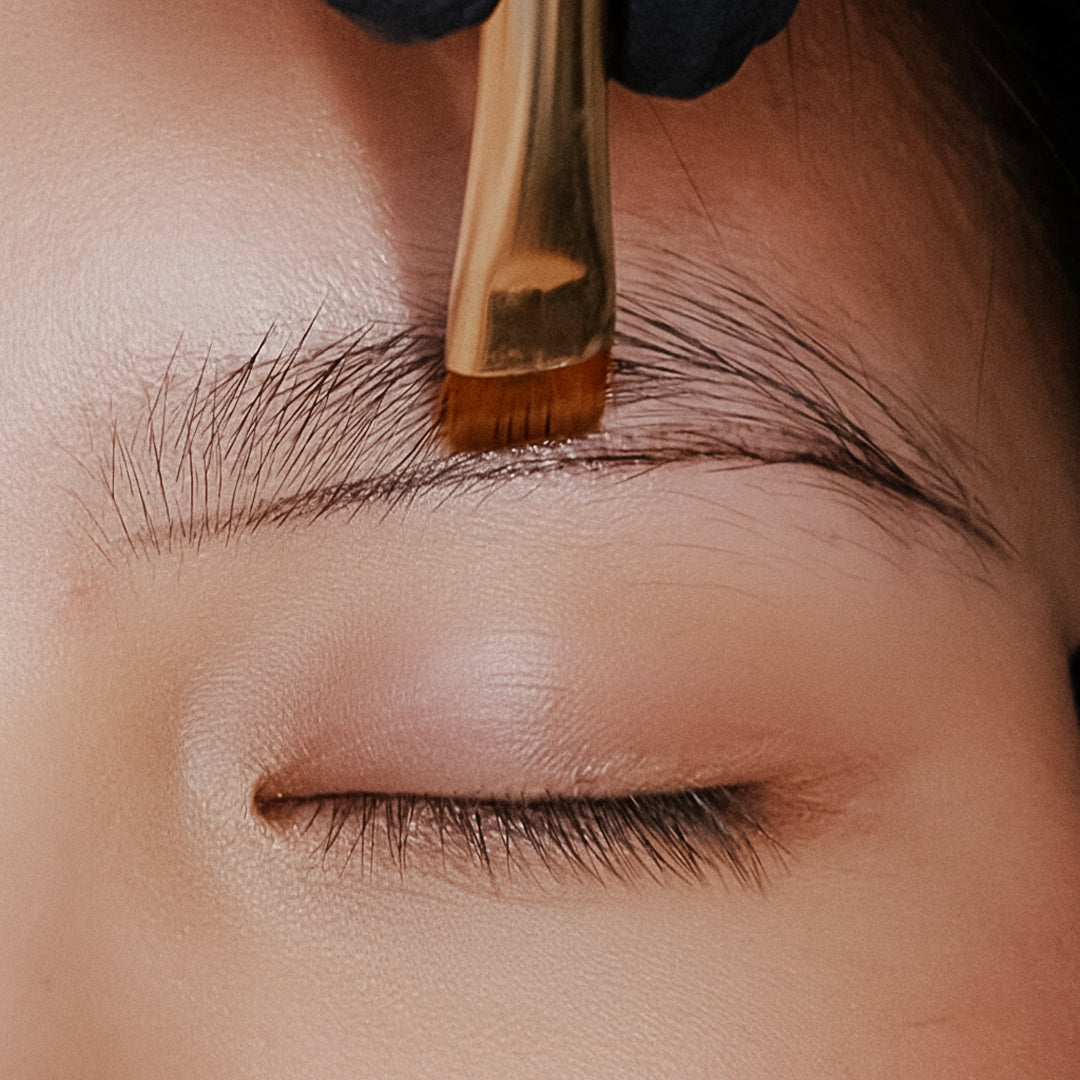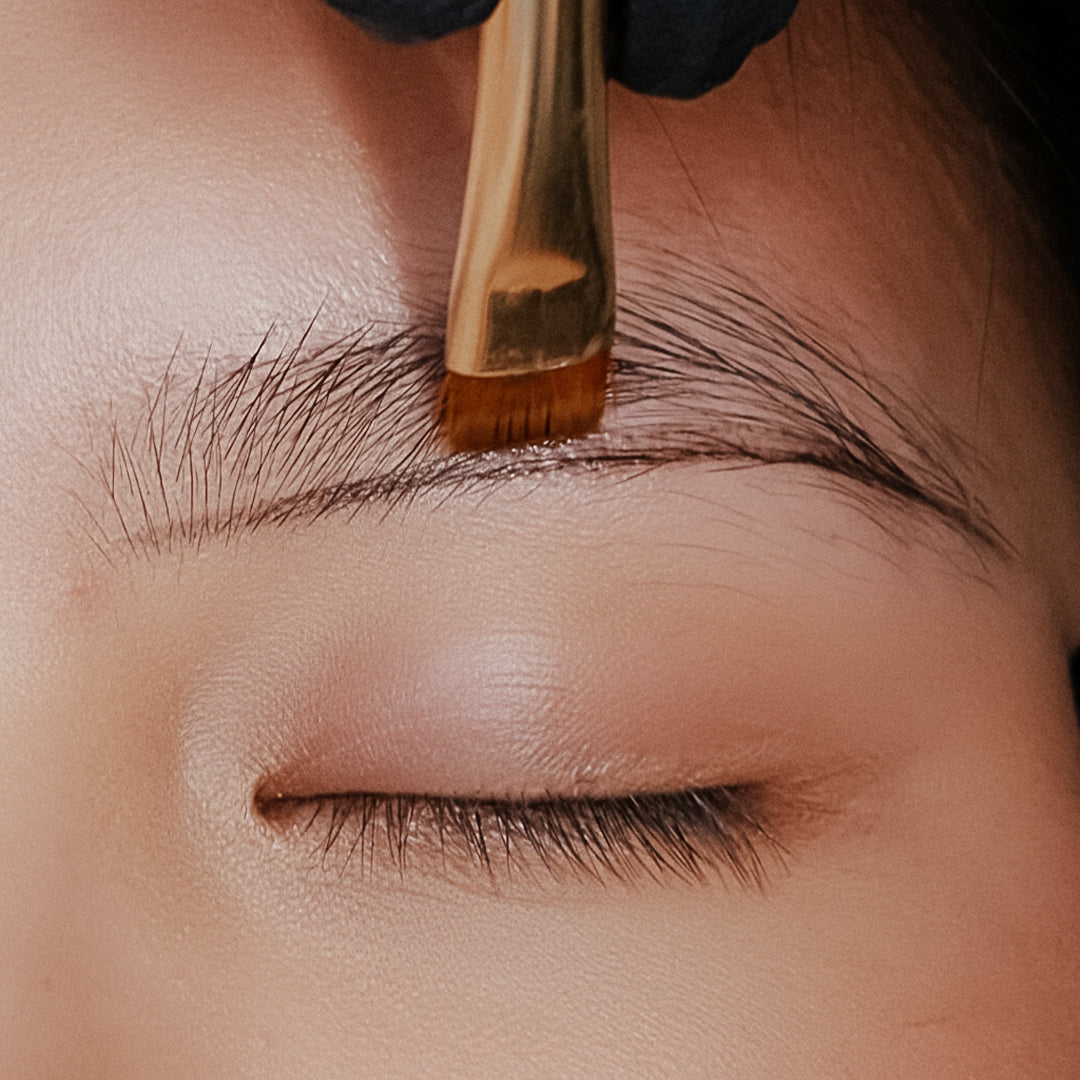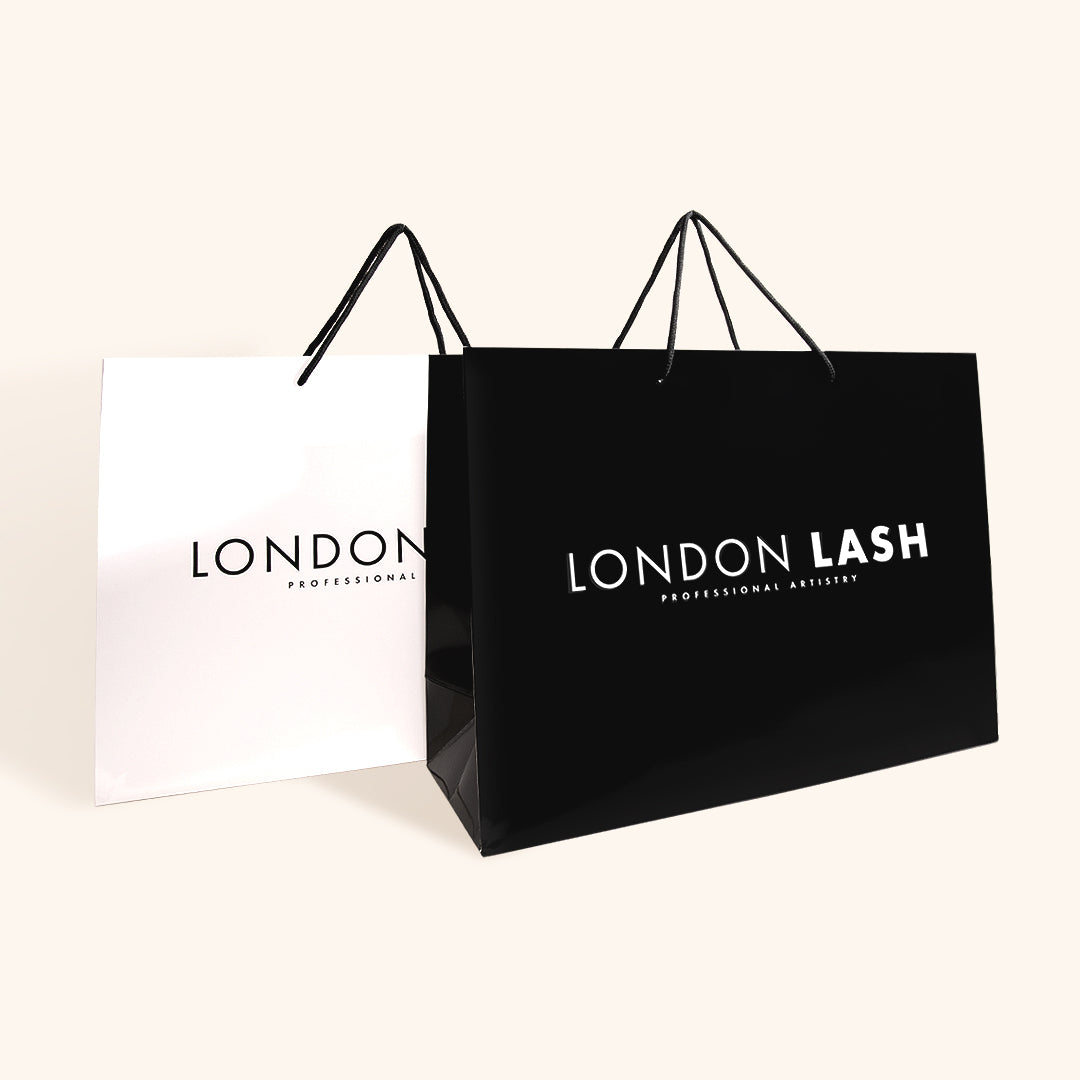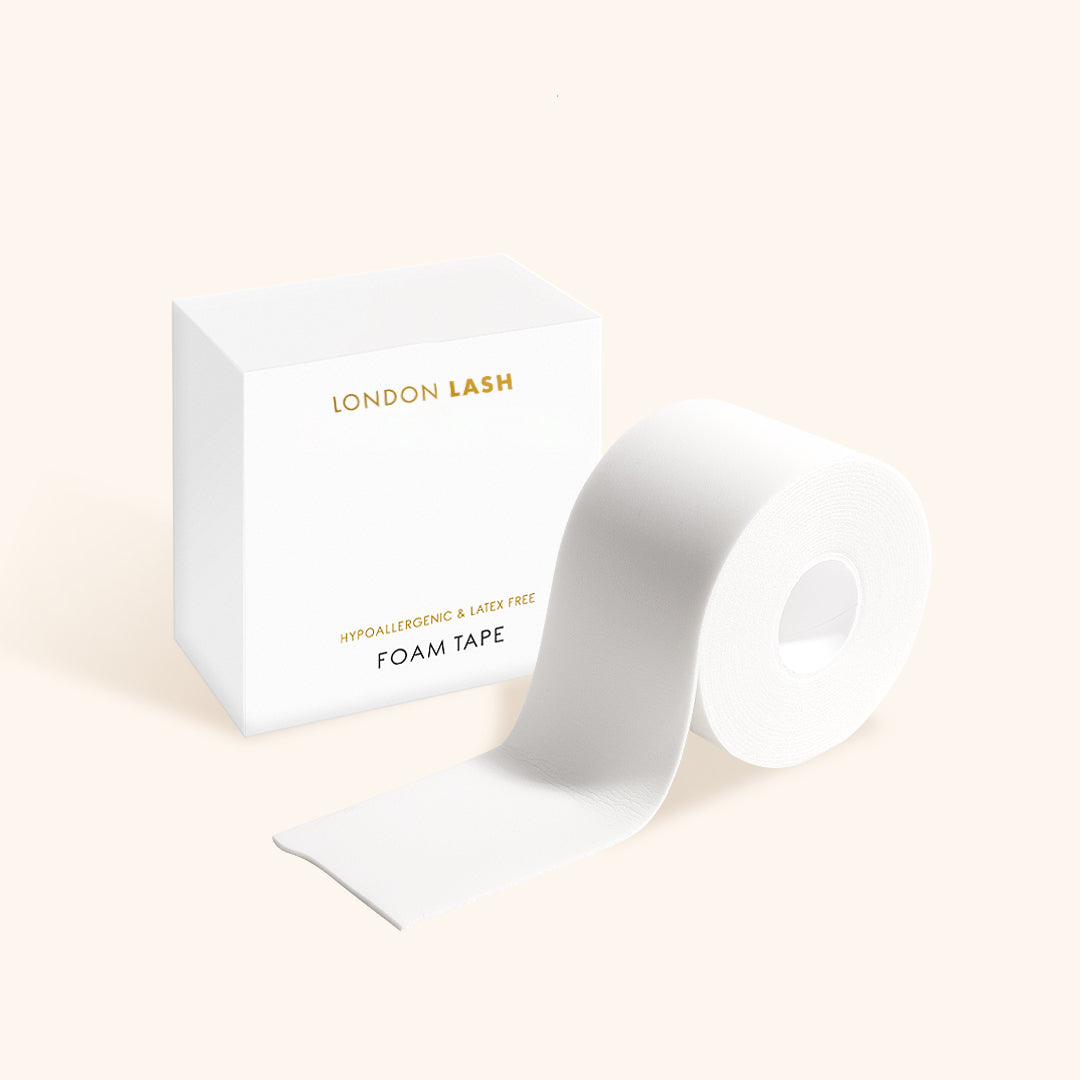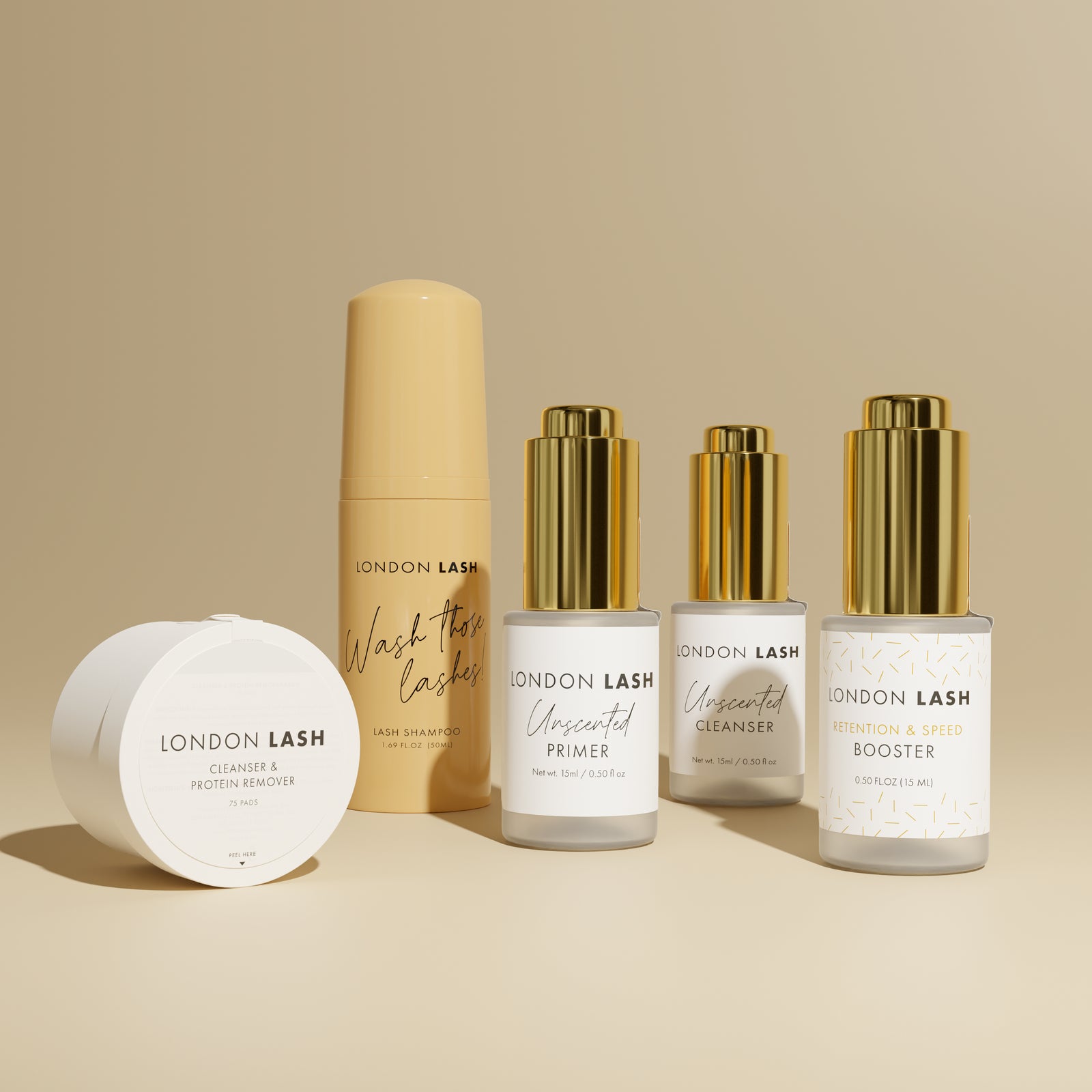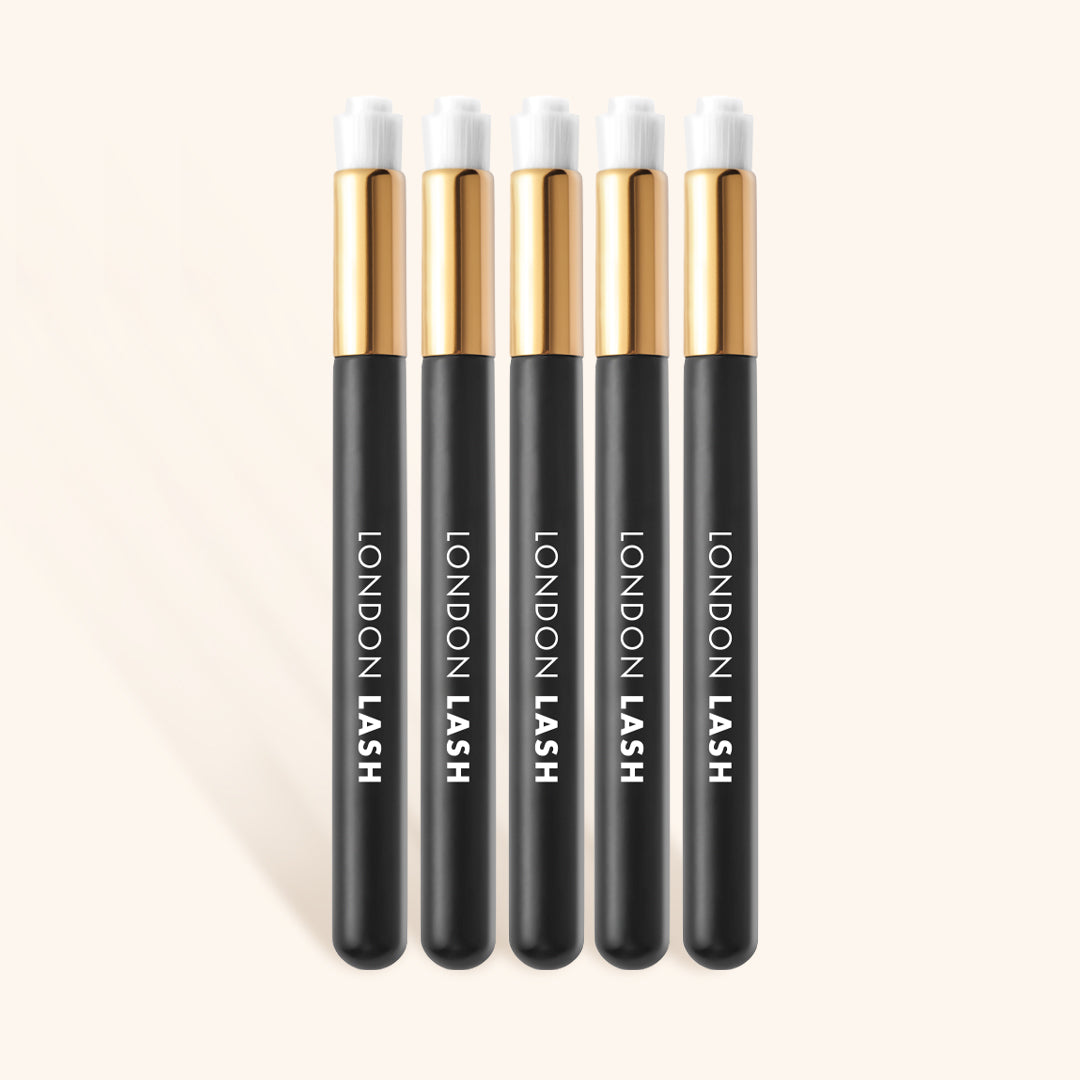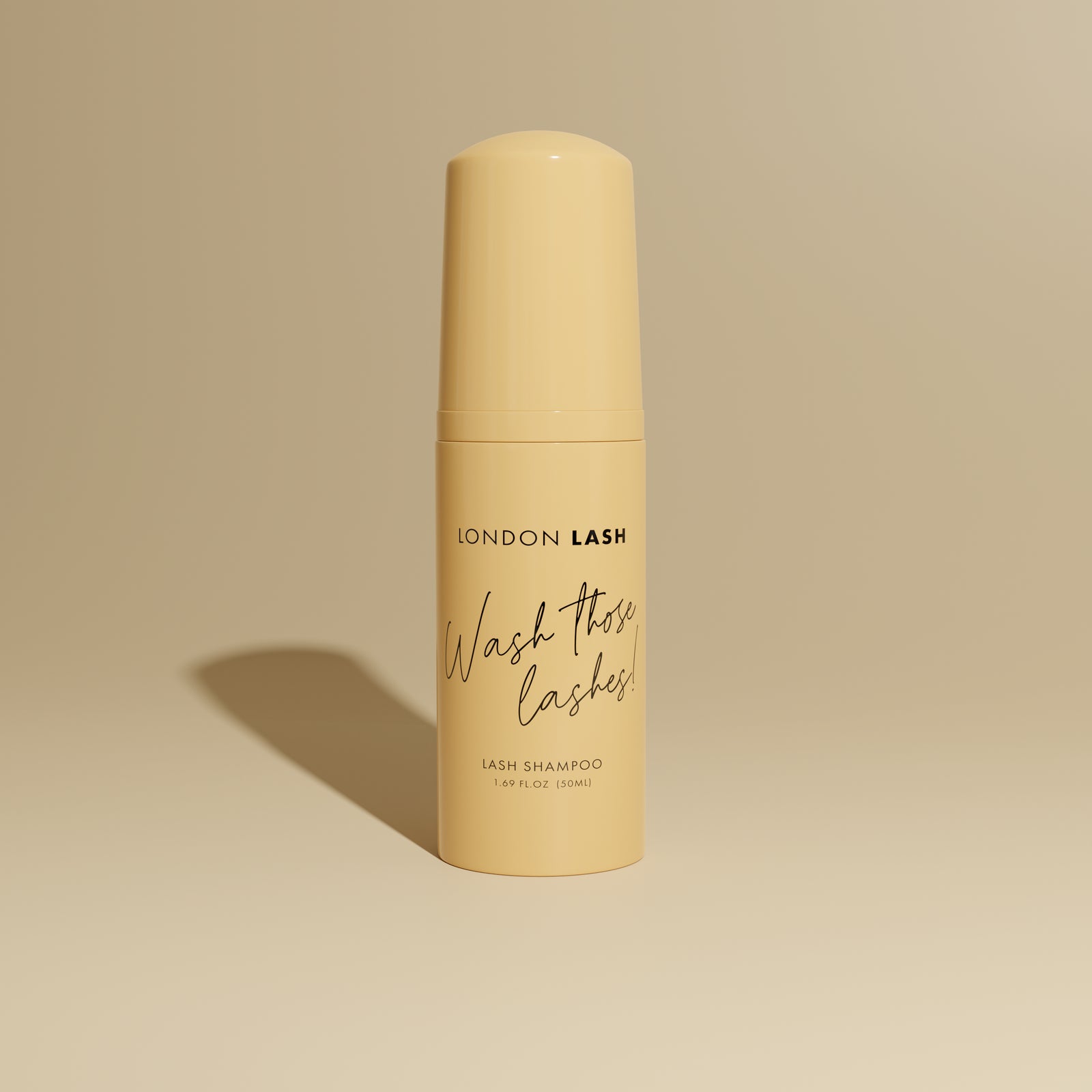Glues & Liquids
Eyelash Extensions
ACCESSORIES
So Henna
EYEBROWS
ONLINE TRAINING
Save up to 70% Off
Lash Extensions and Seasonal or Pet Allergies
August 07, 2023 3 min read

How to Deal With Allergens When Wearing Eyelash Extensions
Today, we're diving into an important topic for lash extension wearers - allergies. As lash enthusiasts, we've all been there, blinking through watery eyes or rubbing an irritating itch, and we're left wondering: are these allergies or a problem with our beloved eyelash extensions? Seasonal and pet allergies are two common culprits causing discomfort, but don't worry, we've got some savvy advice to help your clients deal with these allergenic foes while maintaining the retention of their gorgeous lash extensions.

Understanding Allergies & Lash Extensions
Seasonal allergies, also known as hay fever, can make clients feel like they're in a constant battle with Mother Nature. They are typically caused by pollen from trees, grass, and flowers. On the other hand, animal allergies are caused by pet dander and saliva. Both types of allergies can cause symptoms such as red, itchy, and watery eyes. This can be seriously uncomfortable for everyone, let alone your clients who have a full set of lash extensions on their eyes and are desperate to rub their eyes.
Unfortunately, these symptoms can also be similar to the irritation caused by improper lash extension application or maintenance. To differentiate between the two, remember that allergic reactions to extensions usually occur soon after the application, while seasonal and animal allergies can pop up any time, especially when you're exposed to specific triggers. To read more about allergic reactions due to lash extensions specifically, read our blog post here.

Tips to Navigate Allergies with Lash Extensions
-
Keep the Extensions Clean: This is the first line of defence. Advise your customers to regularly cleanse their extensions using a Lash Shampoo with a Cleansing Brush to remove allergens that may have collected on the lashes. Remember, fluffy lashes are like magnets to dust and pollen.
-
Staying Prepared with Antihistamines: Non-drowsy over-the-counter antihistamines can be a great help to control allergic reactions. But remember, never advise your clients to take any medication, always suggest they speak to a medical professional before starting any new medication.
-
Schedule the Client's Appointment Wisely: If you have done your client's consultation, they should have let you know about any allergies. If they are prone to seasonal allergies, try to schedule their lash appointments outside of peak pollen times. Early morning or late-evening appointments can help avoid the worst of the allergenic air.
-
Consider Shorter Extensions: We carry a range of 4 - 7mm Lash Extensions featuring short lengths which are less likely to come into contact with airborne allergens. The London Lash extensions are hypoallergenic and wont cause further irritation. Plus, they can give a more natural, subtle look!
-
Avoid Touching Eyes: We know, it's easier said than done. But remember, each time a client rubs their eyes, they are potentially introducing more allergens, not to mention risking damage to their beautiful eyelash extensions and natural lashes.
Giving your client some of these tips, especially if you know that they are prone to pet or seasonal allergies would be very helpful information and will hopefully prolong their lash retention if they follow these simple guidelines.

What Else Can You Do?
If your client's symptoms persist, it's time to see a professional. Don't diagnose the client yourself. If your client rings you complaining of irritation and swelling, it could be that they are not just dealing with seasonal or animal allergies, they may have developed an allergy to the lash adhesive itself. An allergist can help pinpoint the exact allergen, so simply advise they seek professional medical help as soon as possible.
At the end of the day, we want clients to enjoy their fabulous lash extensions without discomfort. By being mindful about allergens and following the right steps such as a full 5-Step Pretreatment, you can prep your clients eyes getting rid of all allergens, pollen, hairs, and dirt which may irritate them during their lash appointment. If your client experiences an allergic reaction (not to the lash adhesive) during treatment then this can affect the lash glue and lash extensions should their eyes begin to water. Using Foam Tape can help clients with watery eyes to absorb and tears during treatment, but you should always keep an eye out on any potential shock polymerisation with the eyelash glue.
Check out these featured products
Subscribe
Sign up to get the latest on sales, new releases and more …
